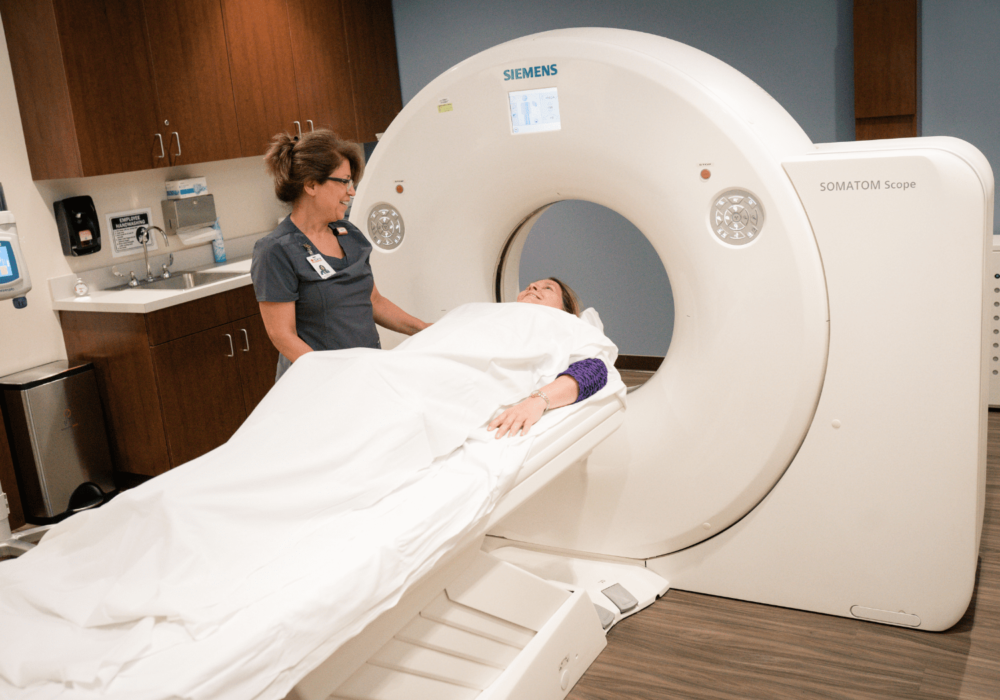Anyone who has ever had a cold knows about acute respiratory infections (URIs). An acute URI is a contagious infection of your upper respiratory tract. Your upper respiratory tract includes the nose, throat, pharynx, larynx, and bronchi. Without a doubt, the common cold is the most well-known URI. Other types of URIs include sinusitis, pharyngitis, epiglottitis, and tracheobronchitis. Influenza, on the other hand, isn’t an URI because it’s a systemic illness.
What causes acute upper respiratory infection?
Both viruses and bacteria can cause acute URIs:
Viruses
- rhinovirus
- adenovirus
- coxsackievirus
- parainfluenza virus
- respiratory syncytial virus
- human metapneumovirus
Bacteria
- group A beta-hemolytic streptococci
- group C beta-hemolytic streptococci
- Corynebacterium diphtheriae (diphtheria)
- Neisseria gonorrhoeae (gonorrhea)
- Chlamydia pneumoniae (chlamydia)
The types of URIs refer to the parts of the upper respiratory tract most involved in the infection. In addition to the common cold, there are other types of URIs:
Sinusitis-Sinusitis is inflammation of the sinuses.
Epiglottitis- Epiglottitis is inflammation of the epiglottis, the upper part of your trachea. It protects the airway from foreign particles that could get into the lungs. Swelling of the epiglottis is dangerous because it can block the flow of air into the trachea.
Laryngitis- Laryngitis is inflammation of the larynx or voice box.
Bronchitis– Inflammation of the bronchial tubes is bronchitis. The right and left bronchial tubes branch off from the trachea and go to the right and left lungs.
Seeking Treatment + What To Expect
When you seek care at iCare Emergency Room and Urgent Care, you will be evaluated by board certified emergency physicians and registered nurses. Upon arrival patients receive a free medical screening evaluation to assess your condition and symptoms and assign you to the appropriate department. For minor illnesses our team can help identify and treat many the symptoms in our urgent care. If your condition is more severe or life threatening, we are able to treat you in our ER or transfer your to a local hospital. Your treatment team will evaluate your medical history performing a physical exam and any additional laboratory testing that is needed and create a treatment plan including administering medications as needed in order to help you feel better sooner! Next time you become in need of emergency or urgent care, visit one of our convenient DFW locations.








